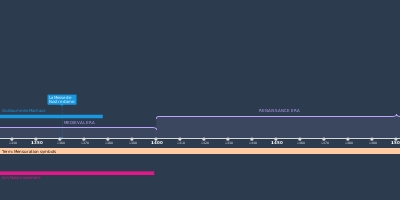Term: opera (jan 24, 1600 – mar 23, 1731)
Description:
music with a plot line, theatrical- often sung in another language
- a through-sung and staged drama, i..e. the drama is enacted through nearly/totally continuous music.
libretto - the text of the opera
librettist - the writer of the libretto
impresario - kind of a manager. Booking theatre, getting cast members and musicians.
castrati - main male roles. castrated before puberty
Had spread in 7 years! (L'Euridice 1600 in Florence, L'Orfeo 1607 in Mantua)
Stayed primarily in Italian even though it spread.
Opera for public (17th century) in the age of Public Theatres
- cater to popular taste
- simple music for a less musically-educated audience, due to the main purpose of making money
- emphasis on solo singing (cheaper)
- smaller orchestra
- rarely had chorus members
- separation of recitative and aria. Emphasis on aria, which developed distinct patterns and styles, plus an emphasis on virtuosity
example opera - Orontea (1656) by Antonio Cesti
* The goal when commissioned an opera was to IMPRESS *
Added to timeline:
Date:
jan 24, 1600
mar 23, 1731
~ 131 years
